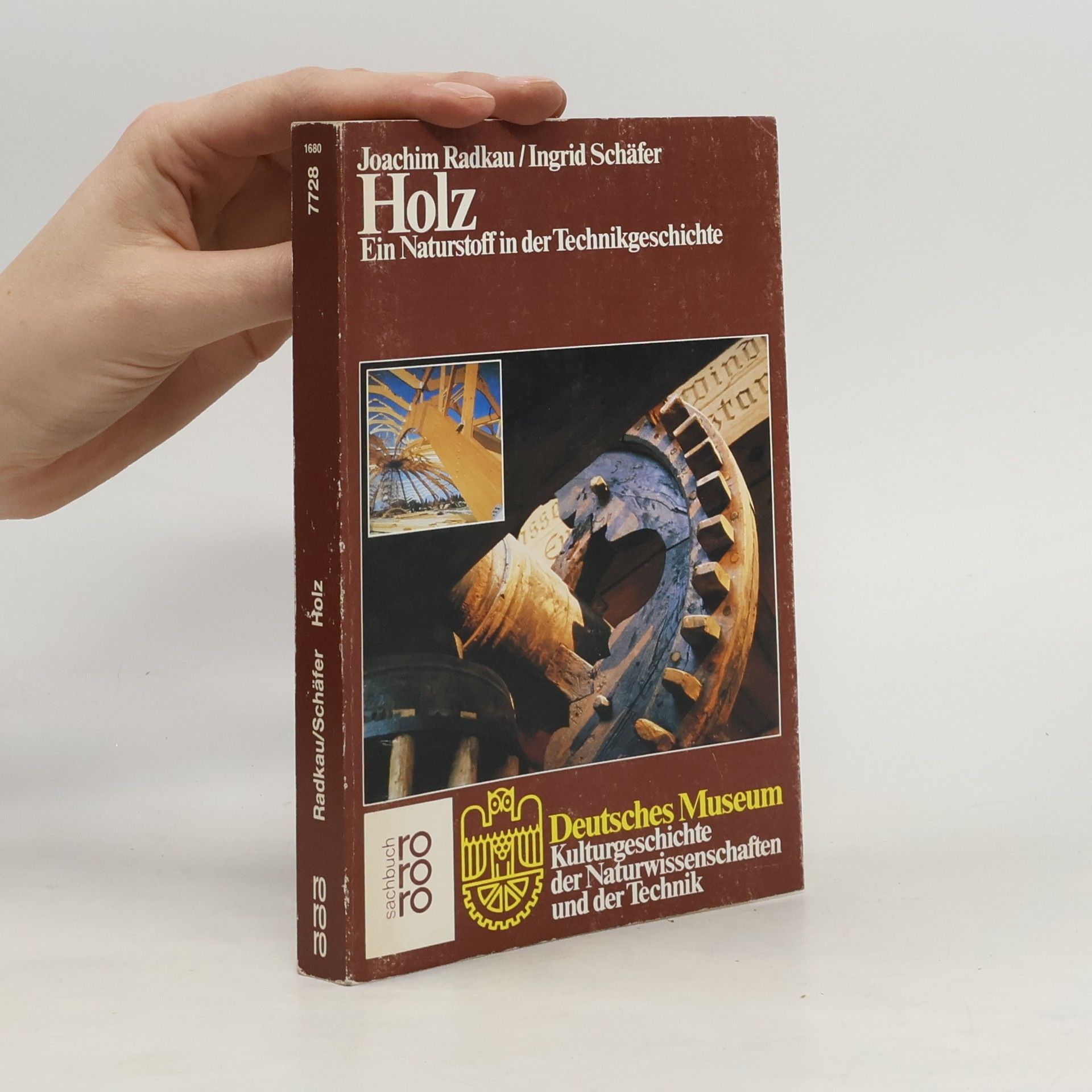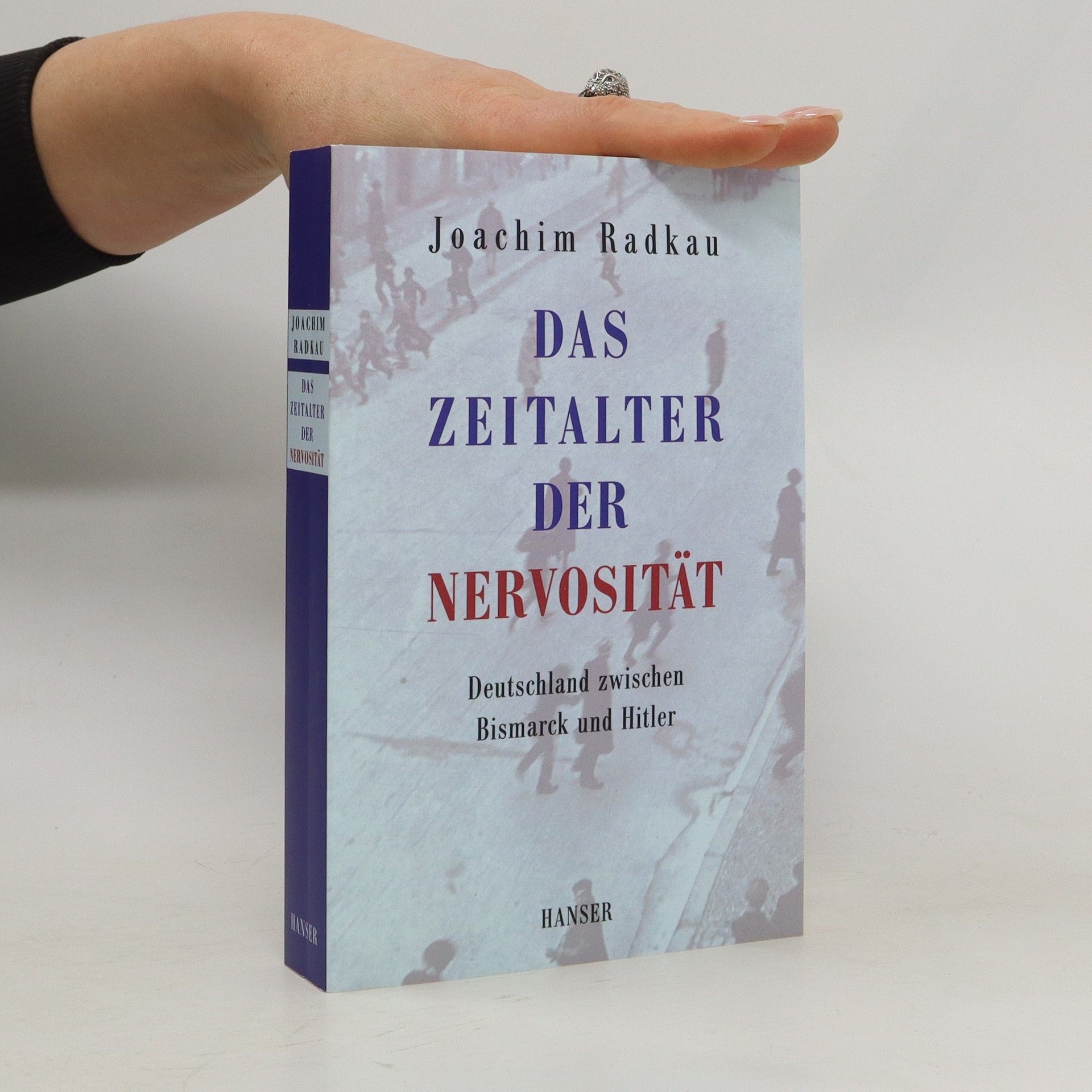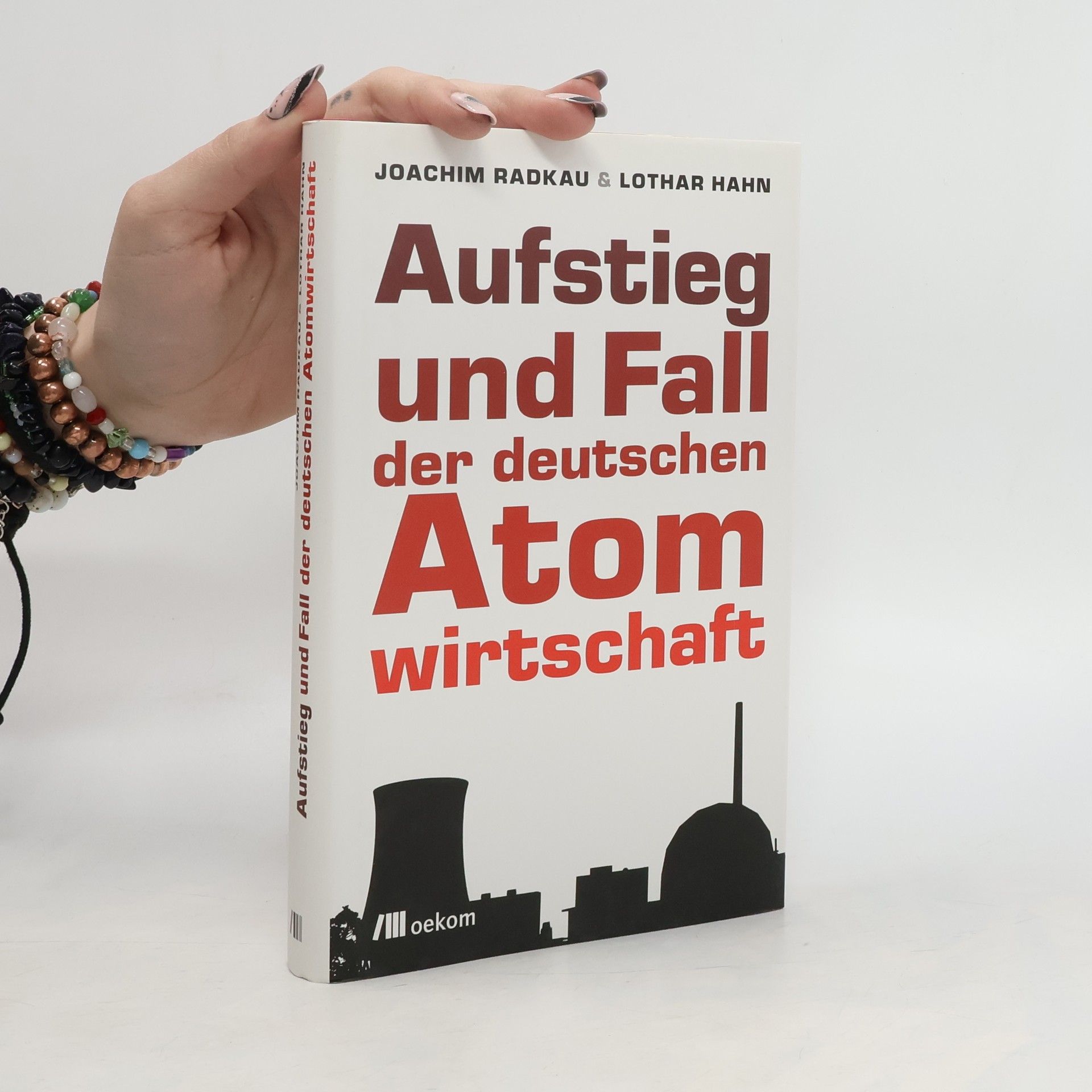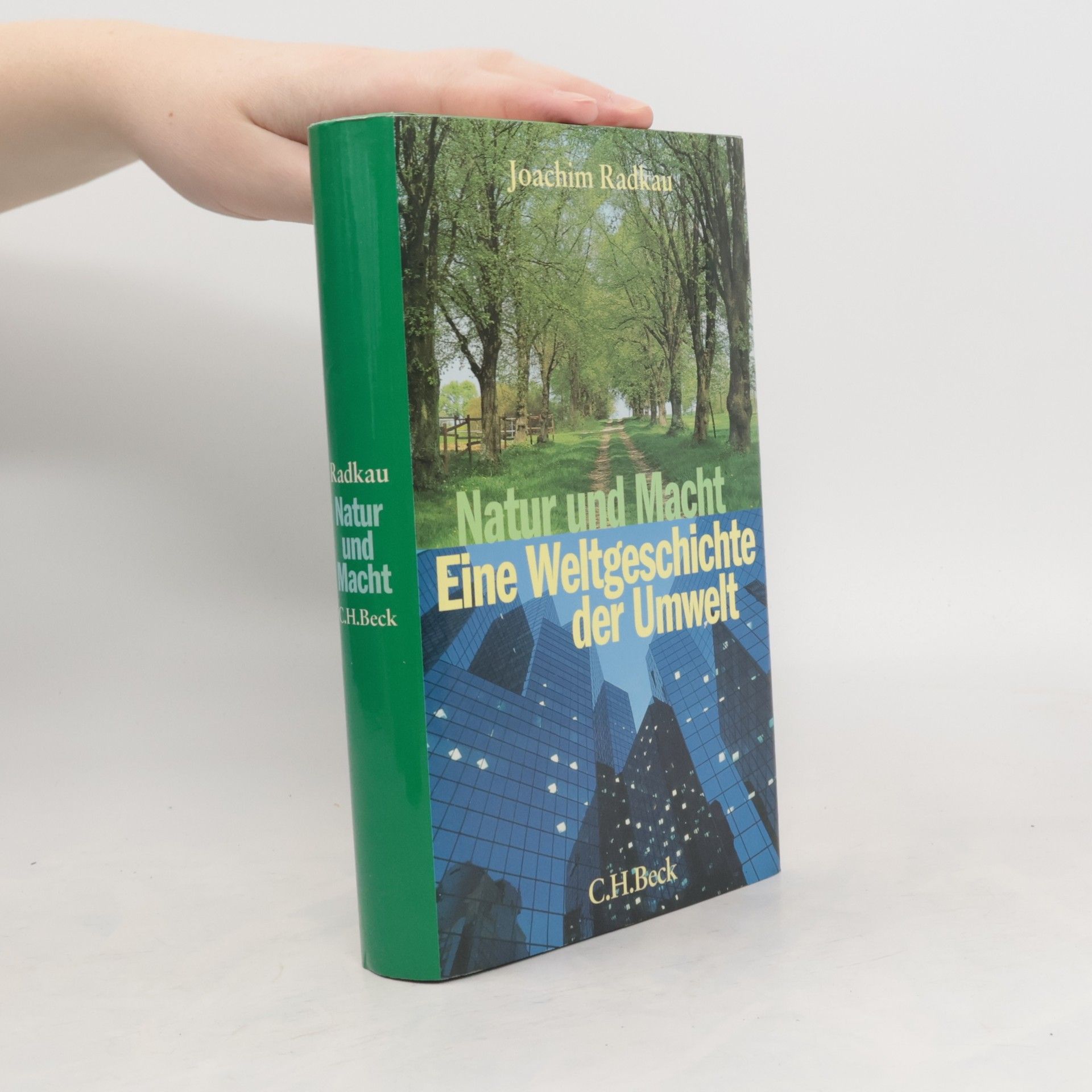Aufstieg und Fall der deutschen Atomwirtschaft
- 413pages
- 15 heures de lecture
Mit Fukushima endete eine Ära – zumindest in Deutschland. Die kurze Geschichte der Atomwirtschaft ist ein perfektes Lehrstück dafür, wie Zufälle vollendete Fakten schaffen, welche Eigendynamik einmal getroffene Entscheidungen entwickeln und wie schwer es ist, die Geister, die man einstmals rief, wieder los zu werden. Wer geglaubt hat, die „friedliche“ Nutzung der Atomenergie war ein durchdachter, von Verantwortungsgefühl getragener Akt, muss seine Meinung korrigieren – im Kern war sie nicht einmal friedlich, denn Adenauer liebäugelte lange mit dem Bau einer deutschen Atombombe. Dass die Atomenergie nicht sicher sein würde, wussten ihre Kritiker schon immer – dass sich die Befürworter wider besseren Wissens für Reaktortypen entschieden haben, die von Beginn an enorme Sicherheitsrisiken bargen, ist weit weniger bekannt. Radkau und Hahn arbeiten ein Stück deutsche Zeitgeschichte auf, von der Atomeuphorie der Nachkriegszeit über die Anti-Atomkraft-Bewegung bis zum endgültigen Aus der Risikotechnologie. Sie beleuchten eine von illusionärem Optimismus, vielfältigen Machtinteressen und ehrgeizigen Spekulationen geprägte Epoche, und zeigen, wie die Verheißungen der Technik blind machen für ihre unkalkulierbaren Risiken.









